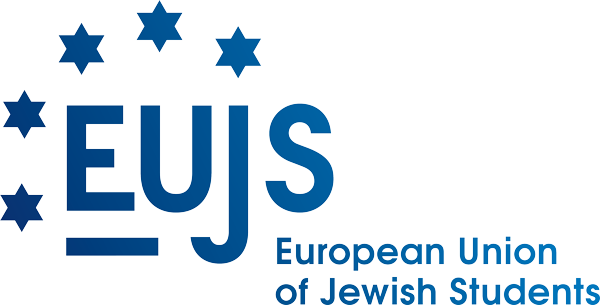Ideas and their Consequences: Genocide and International Justice after 1919
Co-funded by the European Union through its programme “Europe for Citizens”, this project is carried out by the Armenian General Benevolent Union (AGBU Europe) in partnership with the Lepsius House in Potsdam, the European Union of Jewish Students (EUJS) and the Roma NGO Phiren Amenca.
The Treaty of Versailles was signed on June 28, 1919. That summer marked the beginning of two contradictory movements: one, for international justice and for the rescue of the victims, as the allies established tribunals to try the perpetrators of atrocities and established the first High Commission for Refugees; but another movement set the ideological foundations of the worst atrocities the century was yet to experience. The project “Ideas and their Consequences: Genocide and International Justice after 1919″ aims to explore- and to educate a wider public in Europe about- the growth of these two opposing movement of ideas. It will reflect on the interplay of political ideas and history: what lessons do people learn from events? How did the contemplation of the war’s disasters feed the development of such radically contradictory movements? This exploration of ideological movements past, and of their consequences, is intended to generate a greater understanding of how ideas spread, coalesce and grow into movements, and of the material consequences they can have.
The Rise of International Law: The Talaat Pasha Trial in June 1921 – Live Webinar
Date: 2 June 2021
Time: 7:00 pm – 8:30 pm
Cost: Admission free
Exactly 100 years ago, the Armenian student Soghomon Tehlirian assassinated the former Grand Vizier of the Ottoman Empire and chief perpetrator of the Armenian genocide, Mehmed Talât. After a cursory two-day trial Tehlirian was surprisingly acquitted by a Berlin court. The trial turned into a tribunal on the victim’s crimes against humanity, and it made legal history. Even Raphael Lemkin, the “founding father” of the UN Genocide Convention, has always referred in his lifetime to this spectacular Berlin trial of June 2-3, 1921 as his initial experience to coin the term genocide. Hannah Arendt cited the trial strategy as a reference in her book Eichmann in Jerusalem. The lecture sheds light on the background of the trial and its impact on the development of international law.

The Original Sin of Europe’s Dark 20th Century: (Re)Integrating the Armenian Genocide into European and World History – Live Webinar
Date: 3 June 2021
Time: 7:30 pm – 9:00 pm
Address: Memorial de la Shoah 17, rue Geoffroy l’Asnier, 75004 Paris
Cost: Admission free
Our knowledge of the Armenian genocide and of what it meant for the world at the time has been expanding rapidly over the course of the last years. It also provoked intense debates in Germany after World War I – to such an extent that we can clearly identify a larger and true genocide debate taking place there over the course of a few years. However many Germans came to the wrong conclusions. For German nationalists and the Nazis, the Armenian genocide presented core lessons about ethnic policies and the international order. By virtue of its reception and the debates it provoked, the Armenian genocide was thus part of the pre-history of the Shoah. What does this mean for our understanding of the 20th century? In this lecture, historian Stefan Ihrig will develop some ideas on how we have to rethink some core notions of the history of the last century.

This conferences are part of the project “Ideas & their Consequences: Genocide and International Justice after 1919″. For more info about the project, please visit its website at: www.genocideandjusticeafter1919.com






















